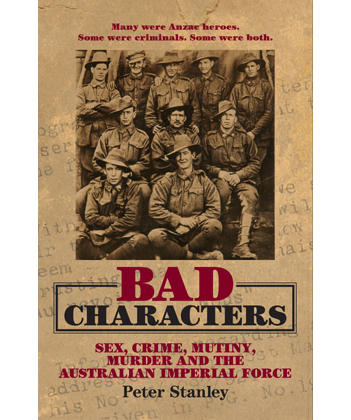Ahead of his Making History course on Sunday 13 April, we talk to Peter Stanley about writing history.
 What inspired you to become an historian?
What inspired you to become an historian?
I have no idea, but from an early age I wanted to do something in which history figured. I spent most of 1979 on the dole and (in what I never thought I’d think of as the blissful Fraser years) treated it like a research grant. When I at last couldn’t avoid taking a real job I found that I had the basis of my first book. I think writing history allows you to live imaginatively in more than one place and time – the only reality to ‘time travel’.
What are the most challenging aspects of writing history?
There are many – the hunt for sources, balancing research and writing – writing, and well, for goodness sake! But perhaps the most satisfying challenge to surmount is to wrangle a mass of disparate sources to transmute them into a story with all the elements needed – form, character, meaning, artifice and artistry, while remaining true to the individuals, their period, and the sources on which you depend.
How do you choose your topic and how long do you spend researching?
Sometimes topics choose you! But every book (or whatever) needs to grow out of a genuine engagement with the past (and its people) and mean something more than merely the compilation of ‘facts’ – to succeed it needs to express some aspect of your personality as a creative act. How long researching? Long enough, but my motto is ‘get it right but get it written’. I start writing while I’m researching and one feeds the other. You don’t know what you need to know until you’ve said what you think you know.
